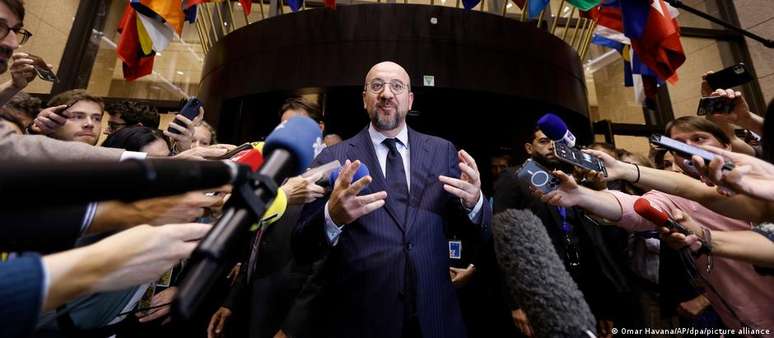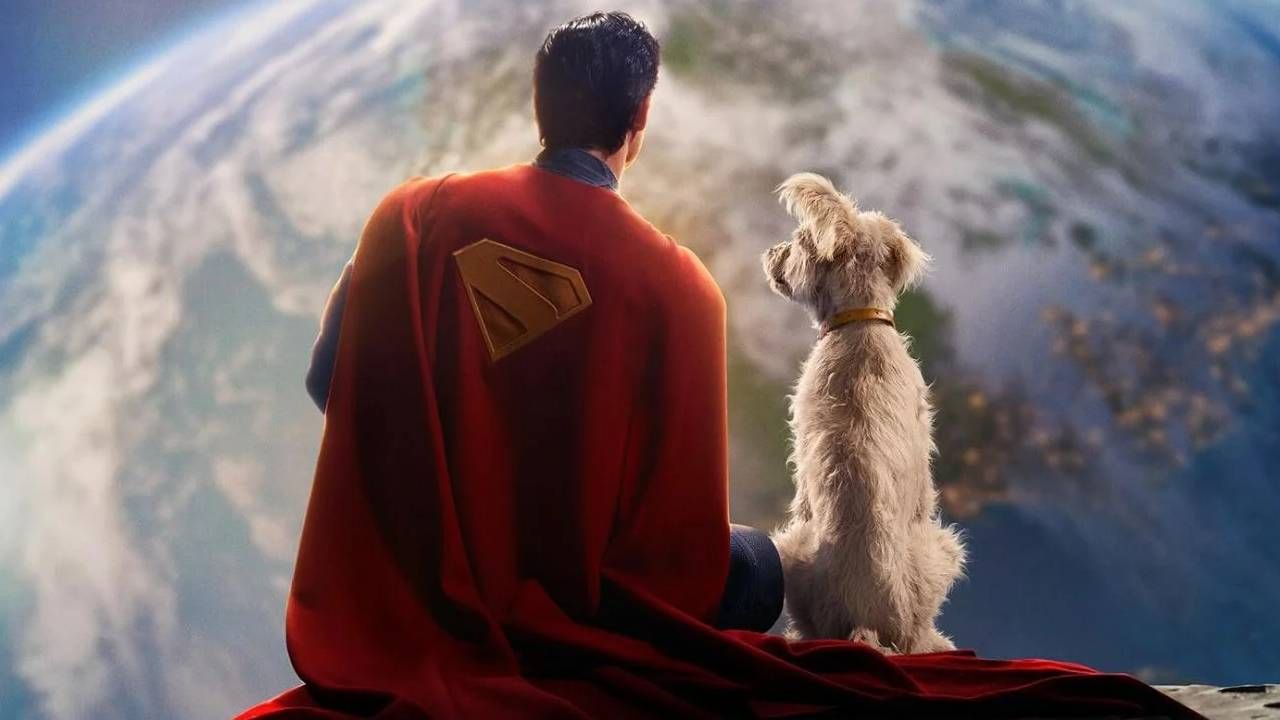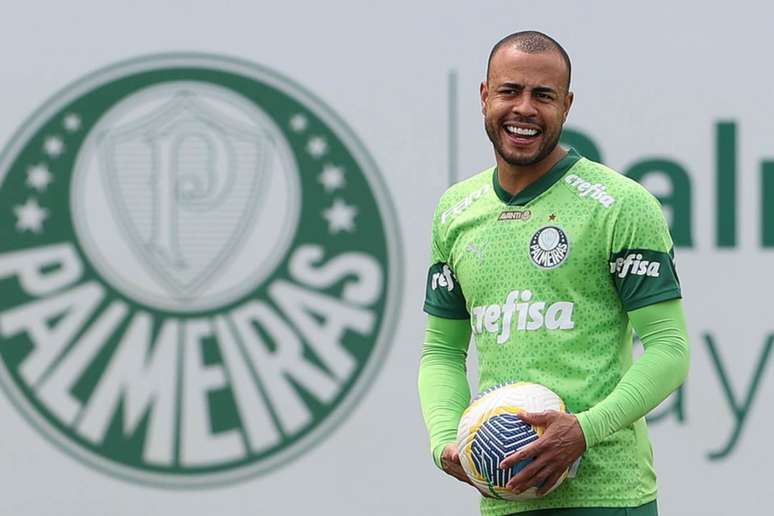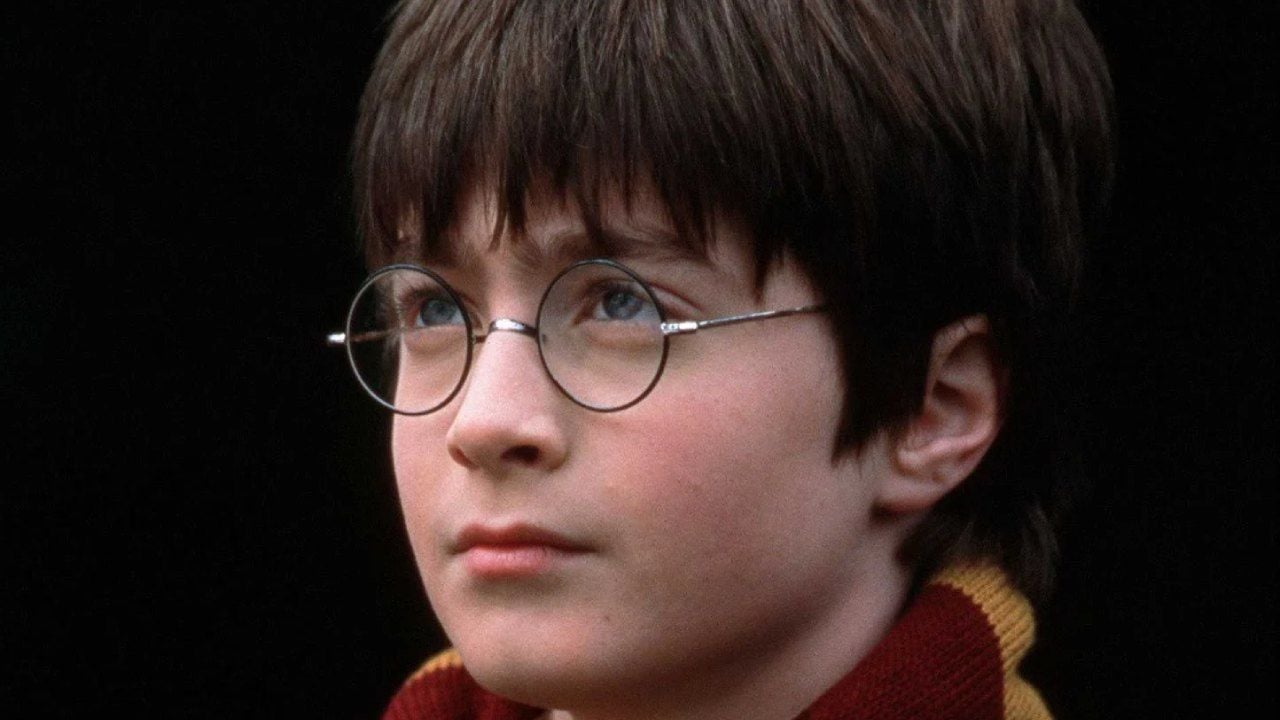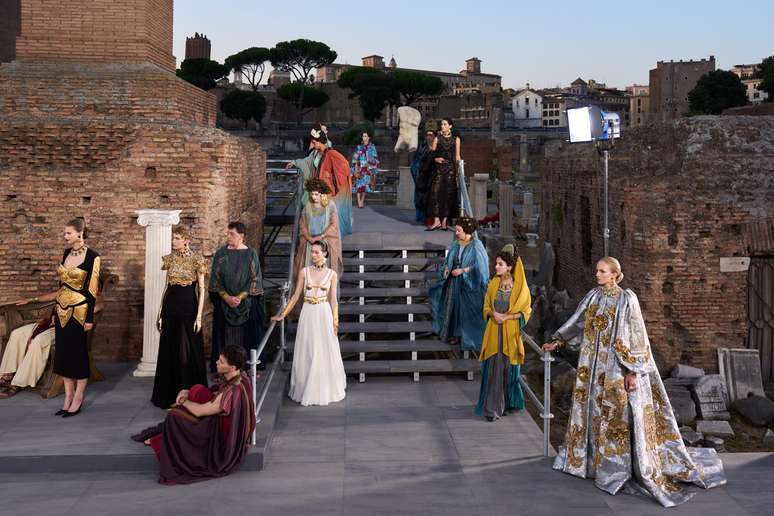In addition to defining new top positions, the bloc’s summit approved a plan for the next five years that puts the economy before climate protection, as well as defining new top positions in the European Union and approving the reappointment of Ursula von der Leyen as President of the European Commission, the bloc’s summit, which ended on the night between Thursday and Friday (28/06), concluded with a reorganisation of the bloc’s list of priorities: economy and competitiveness first, with climate protection subordinate to this larger goal.
“We will close the gap in terms of growth, productivity and innovation between us and our international partners and competitors. This requires great joint efforts in investments, mobilization of public and private resources,” reads the statement of the meeting, which devotes the most part of its lines to saving the bloc’s competitiveness.
Titled “strategic agenda,” the eight-page document details the EU’s policy goals and provides von der Leyen, if reappointed as the bloc’s leader, with concrete guidance for the government.
In future, the development, production and value creation of cutting-edge technologies will have to take place more within the EU. In addition, the bloc wants to reduce its dependence on imports from China, other Asian countries and the United States.
The European Commission’s tone was particularly critical towards Germany, the EU’s largest economy: investments are slow and lack dynamism.
In the background the European Green Deal
Unlike 2019, this time the document outlining the EU government’s new line no longer mentions an ambitious climate policy: “We will act pragmatically on our path to climate neutrality in 2050.”
For European leaders, climate policy – the vision of which was expressed in the previous legislature in the European Green Deal – is not an end in itself, but must be at the service of strengthening Europe’s competitiveness and energy sovereignty.
Green MEP Michael Bloss criticized the position, saying that the Green Deal is not a “side issue”, but rather “the central project to make the economy competitive and sustainable and achieve climate goals”. “The Green Agreement must continue,” he stressed.
Block expansion as a strategic objective
The outgoing President of the European Council, Charles Michel, has argued that, faced with Russia’s war of aggression against Ukraine, the increasingly insecure geopolitical situation with China and the possible return of Donald Trump to the helm of the United States, the EU must focus more on its own security and defence.
This presupposes, according to Michel, the expansion of the bloc with the incorporation of six new countries in the Balkans, as well as Ukraine and Moldova, which, in turn, presupposes the implementation of reforms that have been called for for years by some European leaders, such as France’s Emmanuel Macron.
“We need to check our process and our absorption capacity,” Michel said. “We need to think about how an expansion will affect different policy areas of the EU, its financing and our decision-making methods.”
Hungarian Prime Minister Viktor Orbán, who will take over the rotating presidency of the EU Council on Monday, is pleased with the focus on competitiveness on the bloc’s agenda, but is also pushing for cooperation with Russia and China. The right-wing nationalist leader prefers to leave aside the war against Ukraine and other controversial issues such as immigration, defense or the rule of law.
However, the rule of law, the protection of democracy and the defence of fundamental European values are also a central part of the EU’s strategic agenda. “We will ensure and expand respect for the rule of law, as it is the basis of European cooperation,” the document reads. The EU has been accusing Hungary of failing to respect this principle for years.
New names for top EU officials
According to the preliminary agreement between the bloc’s leaders, Estonian Prime Minister Kaja Kallas will take over as head of EU diplomacy, and former Portuguese minister Antonio Costa as president of the European Council.
Von der Leyen has received the backing of the European People’s Party (EPP), the Socialists and Democrats and the liberals of Renew Europe to be reappointed as head of the European Commission, the EU’s executive body.
The deal was rejected in part or in full by most of Europe’s far-right politicians, including Orbán and Italian Prime Minister Giorgia Meloni.
Kallas, a candidate for president of the North Atlantic Treaty Organization (NATO), entered European diplomacy with her firm rhetoric against Russia. The confirmation of both her and von der Leyen, however, still depends on majority approval in the July vote by the new European Parliament. Costa is expected to be sworn in in December.
With information from Bernd Riegert, in Brussels.
ra (DW, AP)
Source: Terra
Rose James is a Gossipify movie and series reviewer known for her in-depth analysis and unique perspective on the latest releases. With a background in film studies, she provides engaging and informative reviews, and keeps readers up to date with industry trends and emerging talents.

